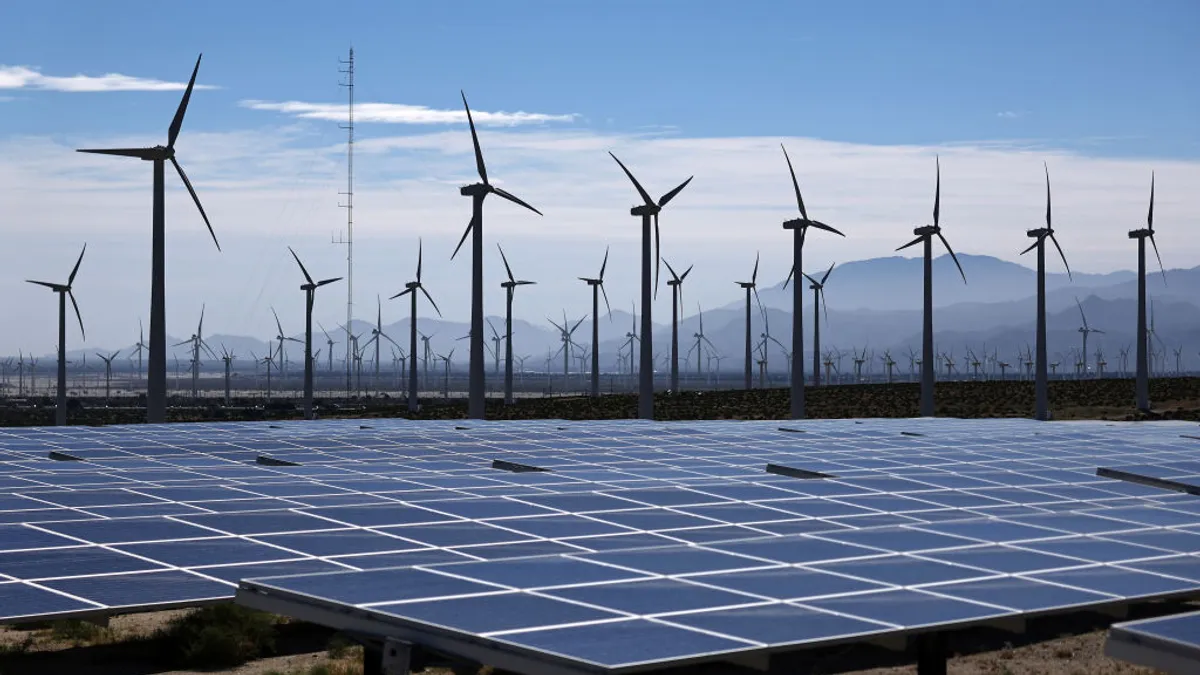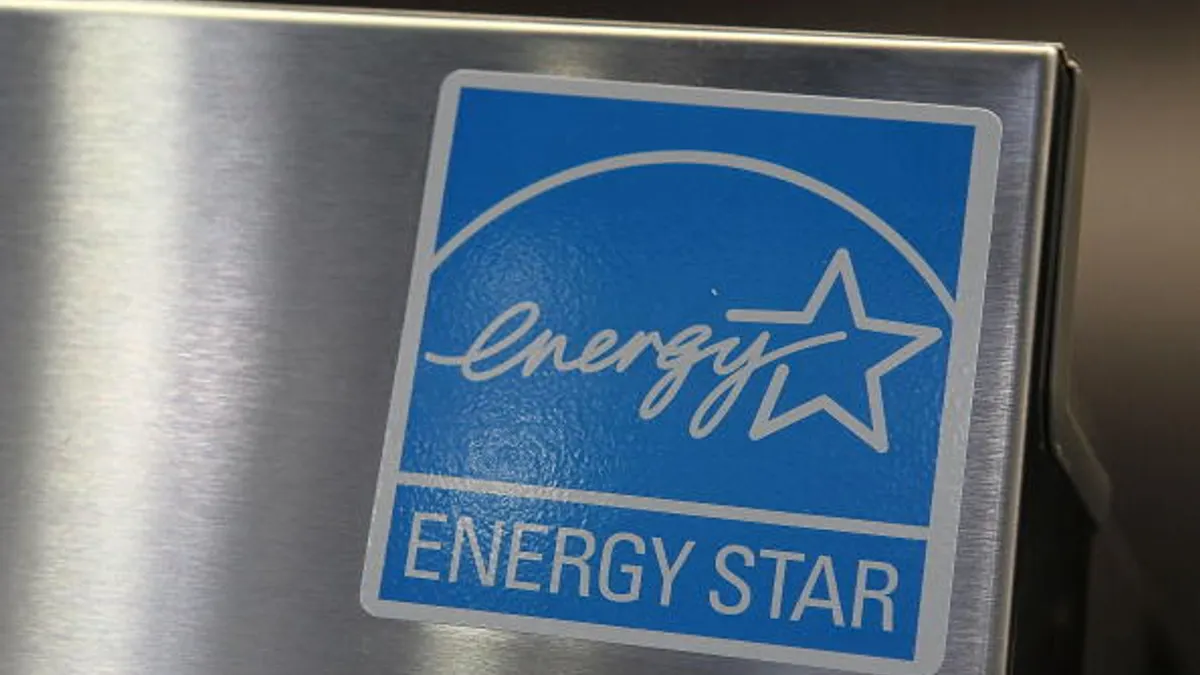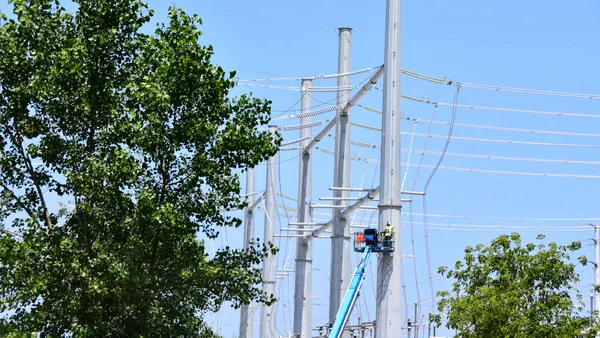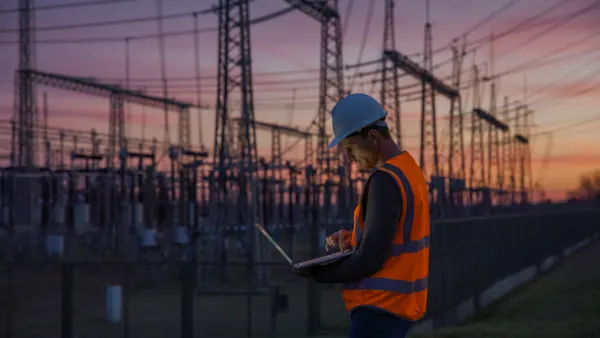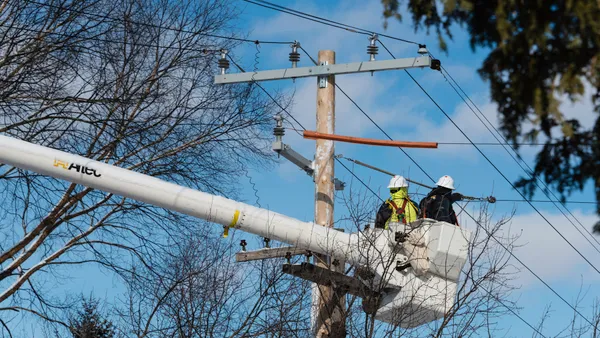Dive Brief:
- The Arizona Corporation Commission (ACC) voted 3-2 on Thursday to approve construction of the SunZia Southwest Transmission Project even though it will traverse the environmentally sensitive San Pedro River Valley. The line will deliver high-value New Mexico wind and Arizona solar to cities in California and Arizona
- Commissioners Andy Tobin, Bob Stump, and Bob Burns agreed the benefits of the 515 mile, $2 billion project outweigh arguments that the two 500-kilovolt alternating current (AC) lines with a carrying capacity of 3,000 MW could be used to deliver fossil fuel-generated power and could do harm to the river valley.
- The 10-year effort by SunZia backers to secure permits now moves to New Mexico, where the line would originate. Global renewables developer SunEdison has committed to use half the line’s capacity to deliver power from its planned Gallo Wind Project in New Mexico to off-takers in Arizona and California.
Dive Insight:
Part of the reason opponents fear the line will ultimately be used to transport fossil fuel-generated power is that the project is being built by a consortium that includes Southwestern Power Group II, a natural gas plant developer, and Tri-State Generation and Transmission Association, a developer of coal, natural gas, wind, and solar plants.
Shell Wind Energy and Arizona utilities Salt River Project and Tucson Electric Power are also part of the consortium.
Activists are also concerned about the line’s proximity to a natural gas power plant planned by the Southwestern Power Group.
ACC Chair Doug Little and Commissioner Tom Forese opposed the transmission line approval, along with environmentalists who accept the need for new transmission but believe the route selected by the Bureau of Land Management (BLM) fails to balance the need to deliver renewables with “unacceptable impacts” to the environment.
In their decision, the three affirming ACC commissioners decided the project strikes the appropriate balance between ecological protection and the need for more reneawble generation. Commissioner Burns argued it will reduce water use for power generation in Arizona, a critical issue in the drought-strapped Southwest.



